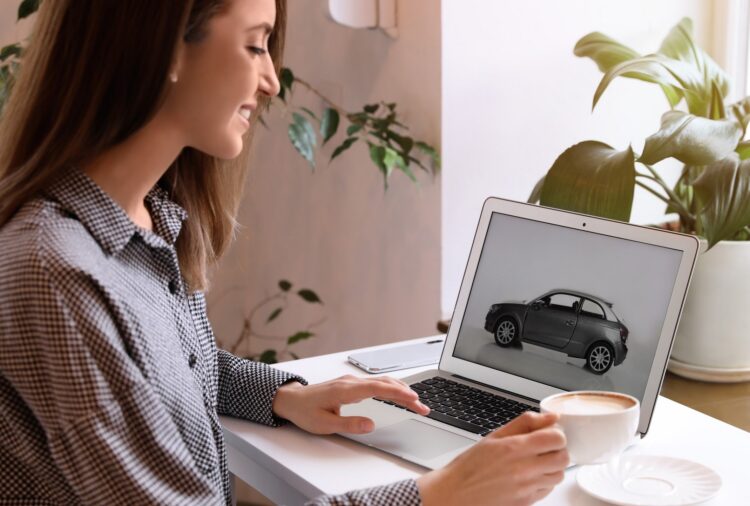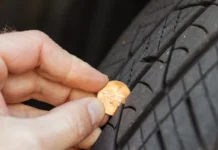
When you’ve decided to purchase a pre-owned car, you’ve got to be ready to come face-to-face with hundreds of options. Depending on where you’re from, you’re sure to find a lot of car dealerships, and even private sellers that are putting their vehicles up for sale. Even if you already have particular car models in mind, this wide variety of options can often be overwhelming.
If you’re a novice buyer, you’ll want to know how you can narrow down these options, so you can end up with the best deal. The last thing that you’ll want is to bring home a used car that is defective, or that you’re taking home a problem another car owner let go of. If you’re thorough and smart about your purchase, you can actually find a used car that’s going to be just as good a choice as a brand new one.
So, how do you know if a pre-owned car is a good deal? Here are some things you can do to help with a positive outcome.
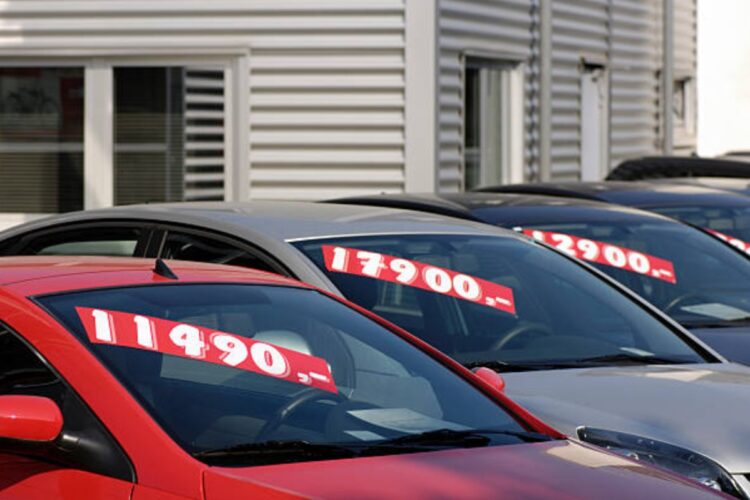
1. Compare The Sticker Price
Of course, a fundamental determinant of a good deal for a preowned car is that you’re buying it for a good price. So, you have to take the time to compare the sticker price of the car with at least three different providers. Do this for every car model you’re comparing options with.
For instance, surely you’ve got your first choice of car make and model you wish to purchase. But, you’ve also got to have at least two other options just in case this first one is unavailable. Compare prices with at least three different dealerships that have these three cars.
In doing so, you know that you’re paying the lowest price possible for the car you’re looking to buy.
As you’re going through this process, don’t just focus on the sticker price per se. Do ask about any discounts they’re willing to give, if you’re going to pay in cash upfront or perhaps give out a higher down payment. There are also dealerships that are more generous with their freebies, so be on the lookout for these.
Visit www.visionnissangreece.com and other websites of dealerships around your area to start your search or comparison process.
2. Check The Vehicle’s History And Maintenance Records
You can get to know a lot about how a used car faired with its previous owner by going through its history and maintenance records.
First off, as to the maintenance, the way it was maintained has a lot to say about whether or not you can rely on the vehicle in the future. Cars are made to go through periodic and regular maintenance at least twice a year. This is the secret to having a perfectly running car, even if it’s old. So, if the maintenance records show that the owner was consistent in having it maintained, then you know you’re in good hands.
As to the vehicle’s history, look for any information of past accidents, if any. If it has gone through any major accident, then this can increase the likelihood of more frequent repairs. As much as possible, you’ll want to choose a pre-owned car that doesn’t have any history of accidents.
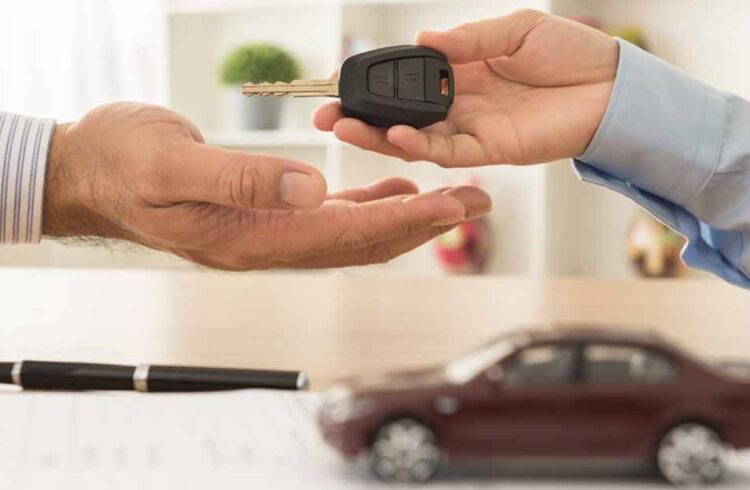
3. Request A State Certification
Depending on where you’re from, there are places that now put a state certification or ‘certified pre-owned’ tag on pre-owned cars before these are put out in the market. This is for the protection of dealerships of brand-new cars and even the buyers. By doing this, any sale in an illegal or black market can be avoided. And, nasty sellers are also stopped before they’re able to cheat you out of your money.
This state certification will generally prove that the car has undergone a thorough inspection, before getting state certified. This is a very good assurance for you that you’re not being cheated with the quality of the car that you’re buying.
When requesting this certification, you may want to consider these extra steps of caution:
- Negotiate a better price on the sale: Especially if it doesn’t have certification when there are other dealerships that have that option.
- Have the smog checked by the seller: Out of all the areas of repairs that your car can undergo, the smog can be one of the most expensive.
- Bring a mechanic with you: This allows you to have your own independent inspection on the quality of the vehicle.
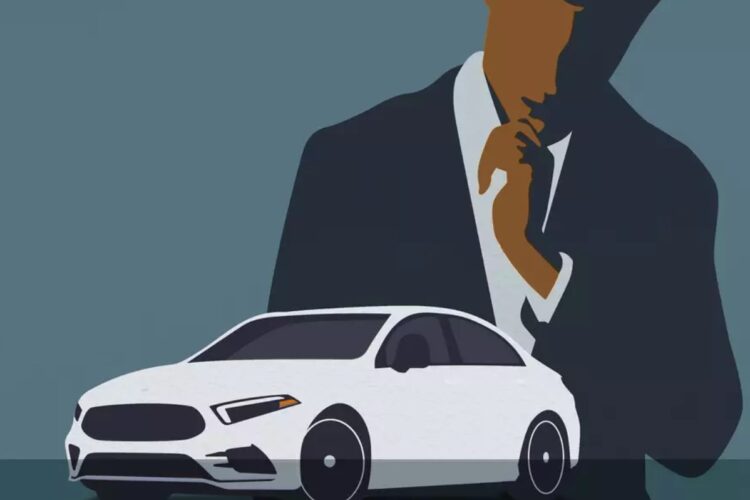
4. Let The Dealership Name Their Price First
Before you head out shopping for a pre-owned car, of course you’ll already have gone through your own due diligence. This means that you already did your own comparison with the price by asking around. You also know how much the going rate is based on the current market value of the car that you’re leaning towards buying.
But, once you talk with a representative of the dealership, don’t name your price first. Otherwise, you may be giving off a price that could be too high. When you’re the first to name the price, this might give the dealership the inkling that you’re prepared to pay for a higher price, as that’s what you already have in mind.
Let them name their price first. That way, you’re on level-footing. If the price they name is lower than the value you’re expecting, then that’s already a win for you. It’s a sign for you to go for that deal, as the price is good. But, if the price they give is higher than what you have in mind, then haggle. If they’re not willing to haggle, you can always walk away and go to the other car dealerships you have on your list.
Conclusion
When you have a good deal on a pre-owned car, it’s like you’ve won the lottery. Imagine taking home a car in a condition just as good as a brand new one, but for a fraction of the price. That’s more than a good enough deal. But, not every preowned car is going to give you that kind of luck. You have to be more cautious about your choice, so you’re sure that you’re bringing home a good car. The tips above can lead you towards a good deal on a used car.

